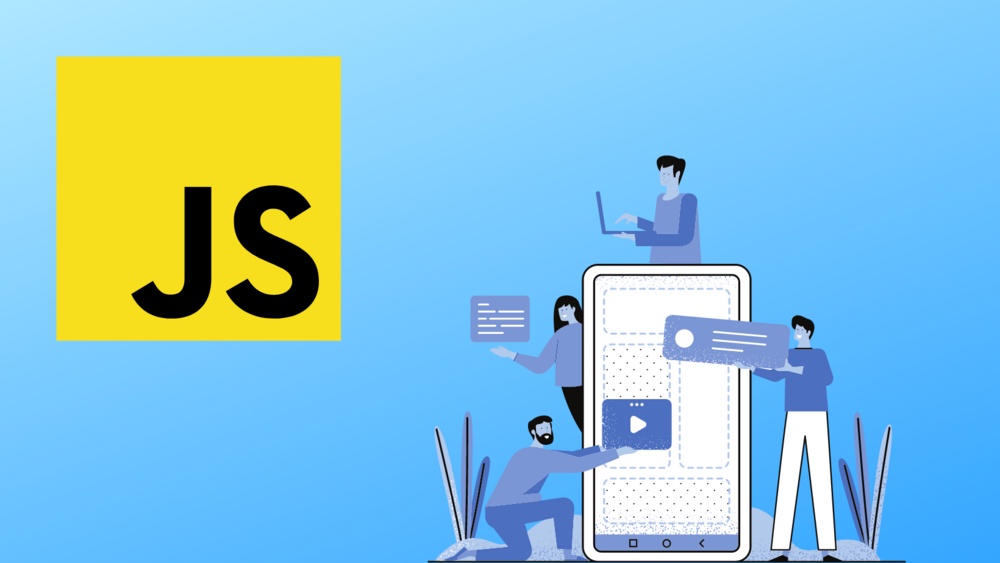Express JS, commonly abbreviated as Express, was first introduced as a Node JS framework in 2010. It was developed by TJ Holowaychuk, who wanted to make it easy for JavaScript developers to build web applications easily by allowing them to use simple code that could run both on the client side and the server side of web development. Express JS has since become one of the most popular frameworks used to develop websites and web applications using Node JS, with countless other frameworks based on it. This blog post gives you an overview of how you can get started using Express to build your next web application!
What is Express JS?
Express is a framework, or set of libraries, that helps you build web applications with Node.js. It's designed to be fast and simple, without sacrificing power or flexibility.
It was first released in 2009 by TJ Holowaychuk as a Ruby on Rails-inspired web framework but was later rewritten as an NPM module by the same author as a response to the surge in demand for node modules it had created. Unlike other Top backend Frameworks Express is not opinionated and leaves decisions like data modeling up to the developer which gives developers more freedom. In addition, because there are no heavy requirements placed on them developers can often get started faster than they would with other frameworks.
Why Use Express JS?
Express is a lightweight and flexible node.js web application framework that provides a robust set of features to build web and mobile applications. It's designed with simplicity in mind, and we've seen developers use it as the foundation for everything from basic static sites to large-scale enterprise software. It has been used to create powerful web applications such as Pinterest or LinkedIn which tens of millions of people depend on every day without ever even knowing they're running on an Express app! And now you can too!
Getting Started with Express JS
If you're going to be building a web application with Node.js, you'll want to know about Express. It's one of the most popular web frameworks around and is used by some of the biggest names on the internet. It's also quite easy to get started and is a great way to build apps that are scalable and fast. With this tutorial, you'll have everything you need to get started with Express. You'll learn how it works, what kinds of applications it can create, and how to use it in your projects. By the end of this tutorial, you will be able to quickly create an app from scratch using Express.
Using Express JS in Node JS
Express is a web framework built on top of Node.js, a platform that uses JavaScript as its native programming language. With Express, you can use the same JavaScript skills you already know to write web applications. In this post, we'll give you an overview of what it is and how it works. The beauty of Express is that you don't need to download or configure anything; just start writing your code! It also provides many features, including routing functionality (handling URL parameters) and templating engines (e.g., Jade). Moreover, because it's built on top of Node, it has excellent support for handling concurrent requests with minimal server resource usage when compared to other frameworks like Ruby on Rails.
Conclusion
Express is an open-source web application framework built on top of Node.js. It provides a robust set of features and includes many middleware modules that are commonly used in web applications, including caching, session management, and more. Companies providing Web Application Development Services play a vital part needed to help you get started in creating your web app with our Express framework development services.


No comments yet